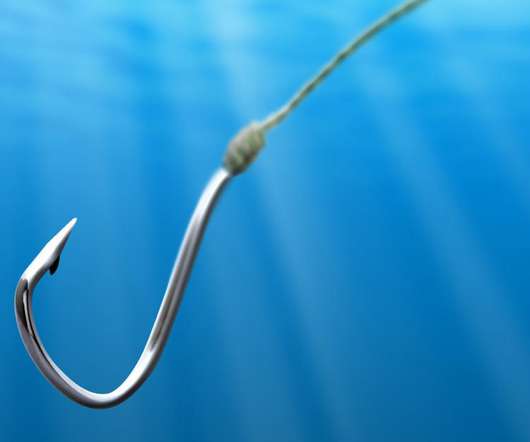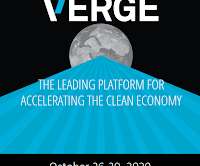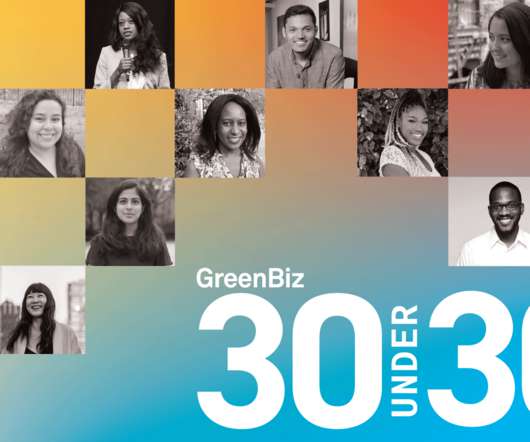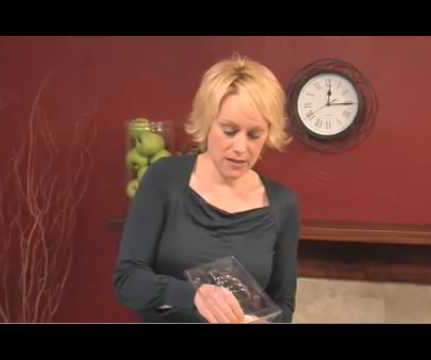Can Bumble Bee and Nestlé hook the world on fishless fish?
GreenBiz
JUNE 8, 2021
If the sourcing is done carefully, fake fish also should be devoid of the mercury and microplastics that can stem from ocean plastic pollution. Depending on who’s counting, about half of shrimp is farmed, which in Southeast Asia has been wiping out coast-protecting mangrove trees. Instead, she co-founded her own venture. .















Let's personalize your content